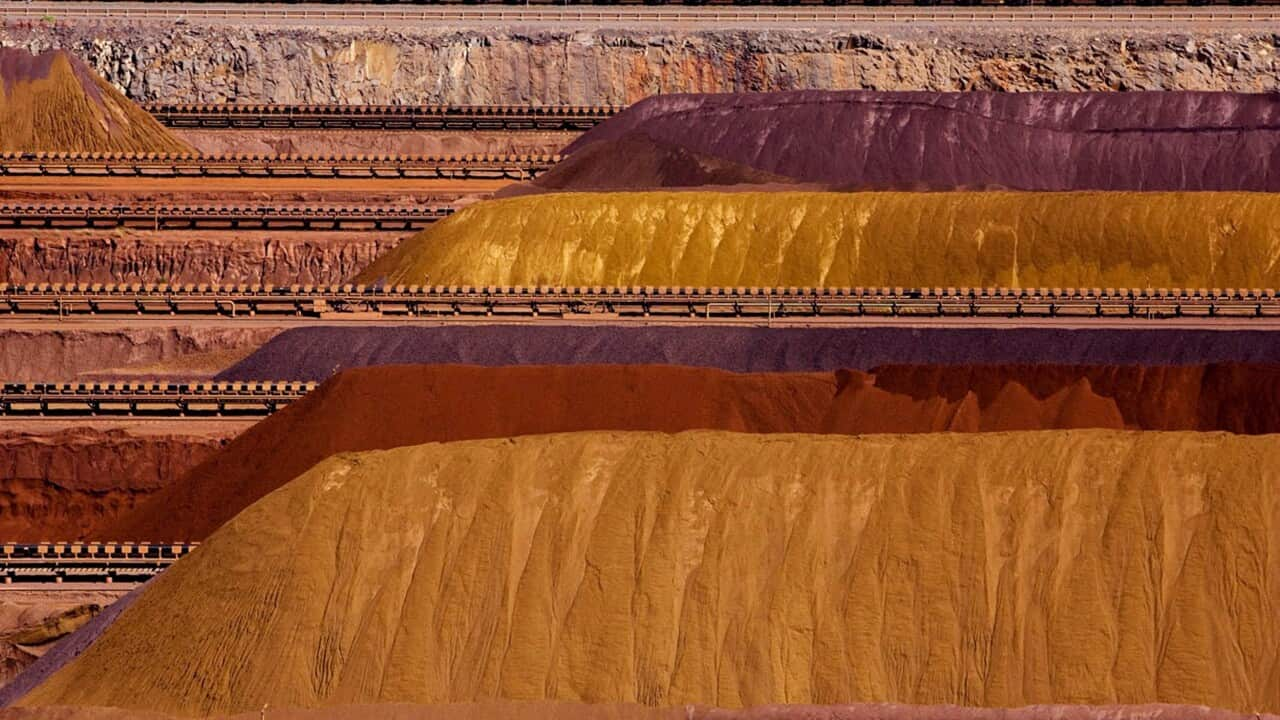The Australian share market started the week defensively amid uncertainty surrounding a raft of controversial policy decisions made by United States President Donald Trump.
Craig James is the Chief Economist at the Commowealth Bank's stockbroking firm CommSec.
He says Australian shares tend to follow Wall Street's lead.
"In terms of the US, it really dominates our financial markets, but in terms of the trade relationship and our future potential, it's very much China. China really dominates our exports and imports."
China is Australia's largest trading partner, with two-way trade between the countries exceeding $150 billion a year.
Japan is second with $70 billion, and then the US with $60 billion.
Chris Richardson from advisory agency Deloitte Access Economics agrees China plays a bigger role in Australia's economy.
"For eight months now our eyes have been drawn to a global political scene which has been fascinating but it hasn't affected a global economy, that continues to get better, especially China, and that plays to Australia's strengths"
China's economy is growing at an annualised rate of 6.7 per cent.
That's much faster than the US rate, at 1.9 per cent.
President Donald Trump has set a goal to double that with tax cuts and infrastructure spending.
Craig James says China's better than expected economy is feeding Australia, leading to its largest lift in terms of trade in more than six years.
He says that has meant export prices are outpacing import costs.
"Well it gets down to the prices of iron ore and coal, those prices have soared and that's lifting our export prices and overall our income to terms of trade."
Still, Chris Richardson says the effects of Mr Trump's trade policies, especially the promise to impose tariffs on Chinese goods and services coming into the US, remain unknown.
"Stuff could go wrong. The combination of Trump, trade and tariffs is a tricky one, and you could imagine something going wrong there, but the most likely thing is that it doesn't happen, and if that occurs, then 2017 I suspect will be rather better for Australia than what many people realise."
Australia's economy contracted last quarter but with exports rising, it's likely to have been just a blip on the radar.
Chris Richardson says, with annual growth currently sitting at 1.8 per cent, records stand to be broken.
"In the middle of this year, July 1, we will overtake the Netherlands as having the longest unbroken streak of economic growth without a recession that the world has ever seen."
Economists at the National Australia Bank, however, are worried a slowdown in housing construction next year may lead to a rise in the unemployment rate and impede economic growth.
They're expecting the Reserve Bank will cut official interest rates twice this year - once in May and then again in August - to limit the damage.









